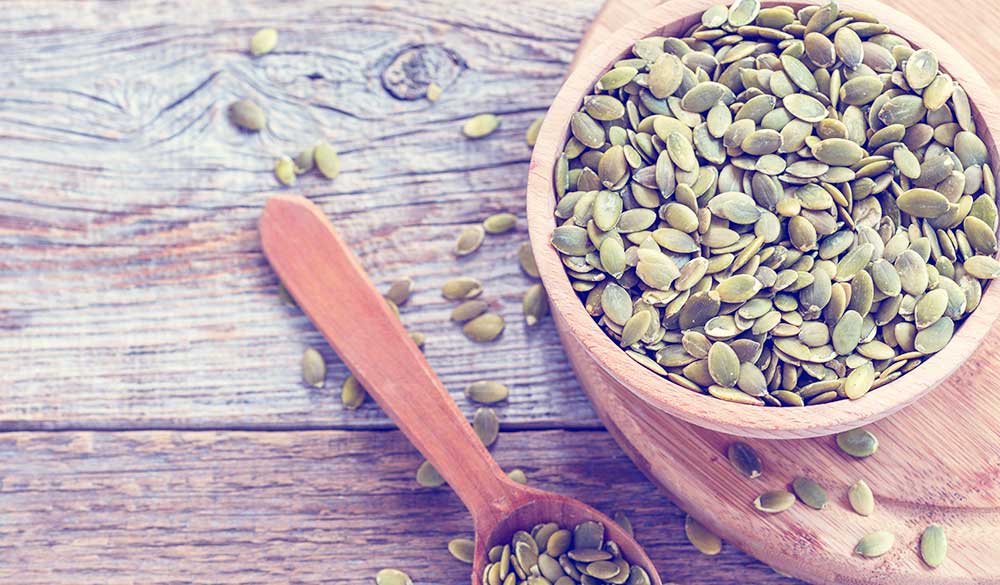Vanessa Wong ● 2 min read
Having a low level of free testosterone, and not a high level as first thought, is now seen as a major risk factor for progression to a life-threatening form of prostate cancer for prostate cancer patients, according to a new study published in the British Journal of Urology International.[1]
Researchers have identified a significant link between low levels of free testosterone in patients and an increased risk of prostate cancer developing into a more aggressive form of the disease. Although the study results found no significant association with total testosterone concentrations, there was a general trend towards increased risk with lower levels.
Until recently, patients with slow progressing prostate cancer deemed not to be life-threatening would have likely forgone any further aggressive treatment and instead been under close monitoring to ensure the disease didn’t become more serious. But it has always been difficult for doctors to predict which patients would worsen whilst in this close monitoring period.[2]
“These results suggest low levels of testosterone are associated with more aggressive prostate cancer. This contradicts long-held beliefs that high testosterone is risky for prostate cancer, and low testosterone is protective,” said study author, Dr Ignacio San Francisco.
As men age, their bodies gradually produce less testosterone. This natural decline starts around age 30, then continues throughout the rest of a man’s life.
One of the most natural and effective strategies to raise testosterone levels in men is to ensure zinc levels are optimal. As well as providing potent antioxidant activity, zinc status is directly correlated with serum testosterone levels. In one study, supplementation of even marginally zinc-deficient normal elderly men resulted in increases to serum testosterone.[3] One of nature’s greatest sources of zinc is pumpkin seeds.
The bark from Pygeum africanum may also play a significant role in regulation of prostate cancer, according to a 2007 study which concluded that it may be a useful supplement for those at high risk for developing prostate cancer. The anti-cancer potential of P. africanum was tested both in vitro and in vivo with results showing that ethanolic extracts (30%) inhibited the growth of cancer cells and caused cancer cell death. There was also a significant reduction in prostate cancer incidence.[4]
A compound known as N-butylbenzene-sulfonamide (NBBS) isolated from P. africanum may be of therapeutic benefit in many prostatic diseases as it blocks androgen receptors known to control the growth of the prostate gland.[5]
Similarly, the bark from Crataeva nurvala contains a variety of bioactive compounds including flavonoids, phenolic compounds, tannins, anthracene derivatives and essential oils which have proven useful against androgen-induced oxidative damage in the prostate. A 2012 study of the anti-oxidative potential of C. nurvala revealed that these compounds play an important role in scavenging free radicals generated by mutagens and carcinogens.[6]
References
- San Francisco IF, Rojas PA, DeWolf WC, et al. Low free testosterone levels predict disease reclassification in men with prostate cancer undergoing active surveillance. BJU Internat 2014;14(2):229-235. [Abstract]
- Wiley. Low testosterone levels may indicate worsening of disease for men with prostate cancer. ScienceDaily 5 May 2014. Viewed 2 Nov 2017, www.sciencedaily.com/releases/2014/05/140505094213.htm
- Prasad AS, Mantzoros CS, Beck FW, et al. Zinc status and serum testosterone levels of healthy adults. Nutrition 1996;12(5):344-348. [Abstract]
- Shenouda NS, Sakla MS, Newton LG, et al. Phytosterol Pygeum africanum regulates prostate cancer in vitro and in vivo. Endocrine 2007;31(1):72-81. [Abstract]
- Papaioannou M, Schleich S, Roell D, et al. NBBS isolated from Pygeum africanum bark exhibits androgen antagonistic activity, inhibits AR nuclear translocation and prostate cancer cell growth. Invest New Drugs 2010;28(6):729-743. [Abstract]
- Dugganaboyana GK, Purandekkattil D, Rathi MA, et al. Modulatory effects of Crataeva nurvala bark against testosterone and N-methyl-N-nitrosourea-induced oxidative damage in prostate of male albino rats. Pharmacogn Mag 2012;8(32):285-291. [Full text]
DISCLAIMER:
The information provided on FX Medicine is for educational and informational purposes only. The information provided on this site is not, nor is it intended to be, a substitute for professional advice or care. Please seek the advice of a qualified health care professional in the event something you have read here raises questions or concerns regarding your health.



